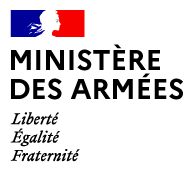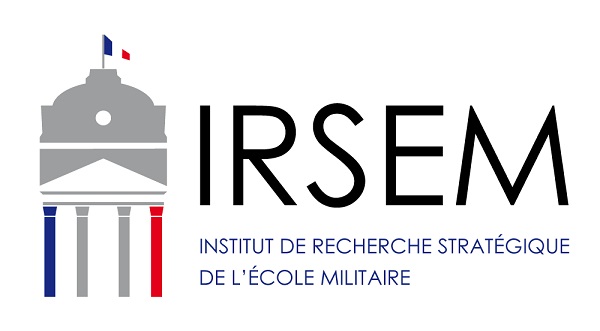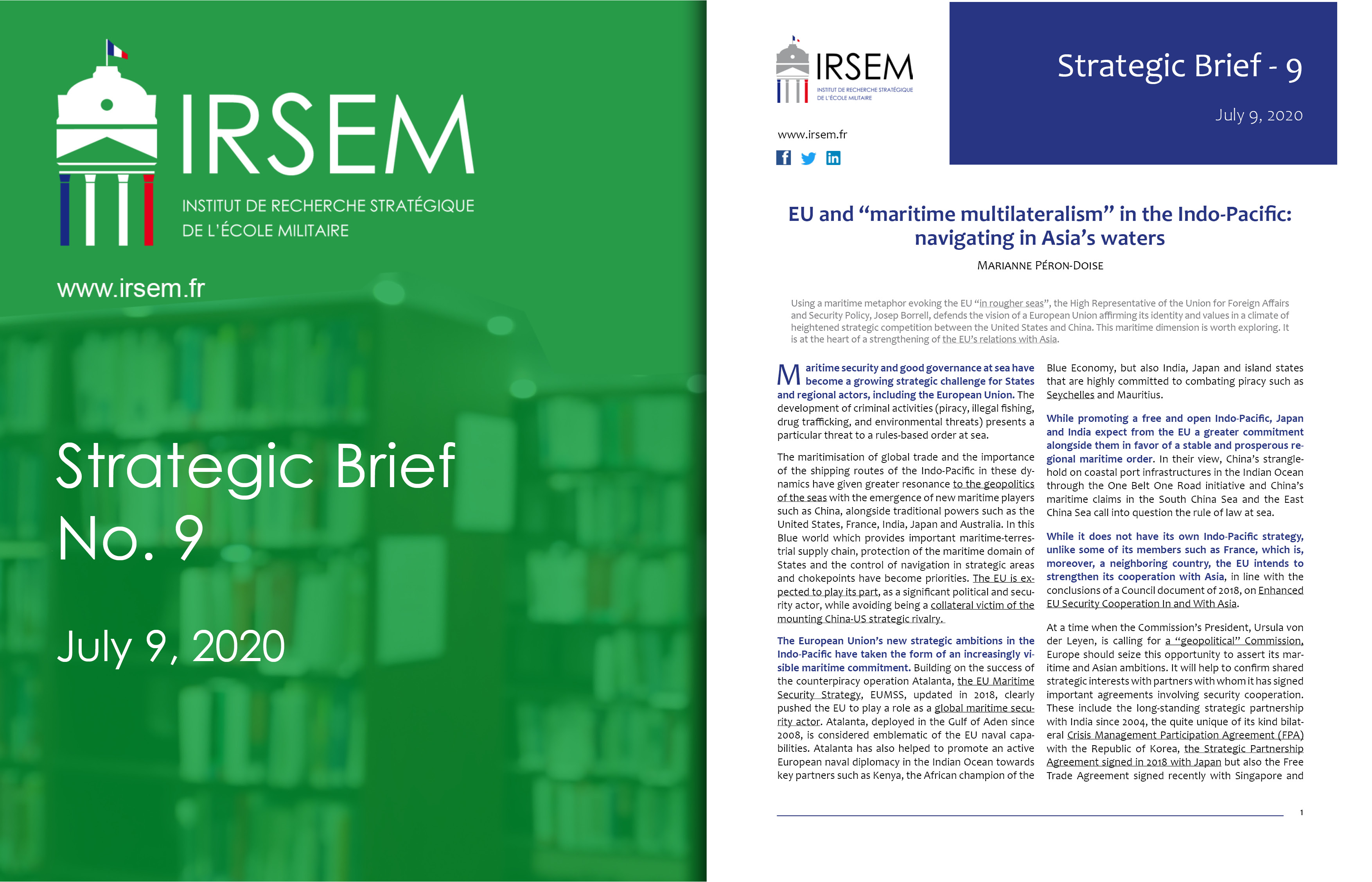Download Strategic Brief No. 9 - 2020
EU and "maritime multilateralism"
in the Indo-Pacific:
navigating in Asia's waters
Marianne PERON-DOISE | 09.07.2020
Using a maritime metaphor evoking the EU “in rougher seas”, the High Representative of the Union for Foreign Affairs and Security Policy, Josep Borrell, defends the vision of a European Union affirming its identity and values in a climate of heightened strategic competition between the United States and China. This maritime dimension is worth exploring. It is at the heart of a strengthening of the EU’s relations with Asia.
Maritime security and good governance at sea have become a growing strategic challenge for States and regional actors, including the European Union. The development of criminal activities (piracy, illegal fishing, drug trafficking, and environmental threats) presents a particular threat to a rules-based order at sea.
The maritimisation of global trade and the importance of the shipping routes of the Indo-Pacific in these dynamics have given greater resonance to the geopolitics of the seas with the emergence of new maritime players such as China, alongside traditional powers such as the United States, France, India, Japan and Australia. In this Blue world which provides important maritime-terrestrial supply chain, protection of the maritime domain of States and the control of navigation in strategic areas and chokepoints have become priorities. The EU is expected to play its part, as a significant political and security actor, while avoiding being a collateral victim of the mounting China-US strategic rivalry.
The European Union’s new strategic ambitions in the Indo-Pacific have taken the form of an increasingly visible maritime commitment. Building on the success of the counterpiracy operation Atalanta, the EU Maritime Security Strategy, EUMSS, updated in 2018, clearly pushed the EU to play a role as a global maritime security actor. Atalanta, deployed in the Gulf of Aden since 2008, is considered emblematic of the EU naval capabilities. Atalanta has also helped to promote an active European naval diplomacy in the Indian Ocean towards key partners such as Kenya, the African champion of the Blue Economy, but also India, Japan and island states that are highly committed to combating piracy such as Seychelles and Mauritius.
While promoting a free and open Indo-Pacific, Japan and India expect from the EU a greater commitment alongside them in favor of a stable and prosperous regional maritime order. In their view, China’s stranglehold on coastal port infrastructures in the Indian Ocean through the One Belt One Road initiative and China’s maritime claims in the South China Sea and the East China Sea call into question the rule of law at sea.
While it does not have its own Indo-Pacific strategy, unlike some of its members such as France, which is, moreover, a neighboring country, the EU intends to strengthen its cooperation with Asia, in line with the conclusions of a Council document of 2018, on Enhanced EU Security Cooperation In and With Asia.
At a time when the Commission’s President, Ursula von der Leyen, is calling for a "geopolitical" Commission, Europe should seize this opportunity to assert its maritime and Asian ambitions. It will help to confirm shared strategic interests with partners with whom it has signed important agreements involving security cooperation. These include the long-standing strategic partnership with India since 2004, the quite unique of its kind bilateral Crisis Management Participation Agreement (FPA) with the Republic of Korea, the Strategic Partnership Agreement signed in 2018 with Japan but also the Free Trade Agreement signed recently with Singapore and Vietnam. The EU has also moved considerably closer to ASEAN, which it sees as a mirror organization. Brussels has invested heavily in the security of South East Asia and as such expects to become a member or dialogue partner of the ASEAN Defense Ministers’ Meeting Plus process and of the East Asia Summit in order to have a greater say in the debates. This will not be without difficulties given the foreseeable objections of China and Russia. Furthermore, to become a member of the ADMM+, the EU must first be recognised as an ASEAN dialogue partner. Given this context, it would be more appropriate for the EU to join more easily accessible regional mechanisms dealing with maritime security such as the Regional Cooperation Agreement on Combating Piracy and Armed Robbery, RECAAP, a maritime center located in Singapore and the Indian Ocean Naval Symposium, IONS, which are both valuable and functional tools to enhance operational cooperation.
The EU has developed many initiatives, mainly programmes of Capacity Building to reinforce regional means and maritime expertise of littoral States in the wider Indian Ocean and Asia. The EU has strongly supported the development of a regional security architecture in the Western Indian Ocean by funding the Maritime Security project, MASE, to establish a Regional Maritime Information Fusion Centre, RMIFC, in Madagascar and a Regional Center for Operational Coordination, RCOC, in the Seychelles. This project, implemented by major African regional organizations including the Indian Ocean Commission, IOC, and the Intergovernmental Authority on Development, IGAD, has made it possible to strengthen a dynamic of ownership of maritime security by coastal States which will benefit to the global maritime governance and the Blue Economy of the wider Indian Ocean region. On the same note, the “Critical maritime Routes in the Indian Ocean”, CRIMARIO II, launched in May 2020, is an initiative that aims to contribute to this maritime structuration or maritime regionalism. It continues a process started in 2015 with CRIMARIO I, and which aims to enhance Maritime Domain Awareness (or Maritime Situational Awareness that is to say a better knowledge of its maritime environment for a State) and information sharing to the benefit of partners in the Indo Pacific area, with a focus on South and Southeast Asia. MASE and CRIMARIO in facilitating the sharing of maritime information in the Western Indian Ocean area have made the EU a key actor of the Indo-Pacific maritime connectivity through the links now established between the Fusion Centers of Madagascar, Singapore and India.
The EU can also rely on its diplomatic credibility, promote track 1.5 discussions and the development of confidence-building or conflict-prevention mechanisms. In the case of the South China Sea, the EU is conducting regular dialogues with ASEAN, Vietnam, Philippines, Malaysia and Indonesia, sometimes including China, to discuss a set of arrangements that could defuse tensions, such as guidance to prevent an incident at sea between local coast-guards or joint management of resources.
The EU contribution to the maritime security of the Indo-Pacific, could adopt an operational posture through a more regular naval involvement. It could be based on the concept of ‘Coordinated Maritime Presence‘, CMP. Adopted in 2019, it builds on the established naval presence of any EU member state around the world. Still in the experimental stage, a first “Maritime Area of Interest”, MAI, has been established in the Gulf of Guinea. Thanks to a quasi-permanent naval presence, MAIs are intended to strengthen the EU’s political and operational influence, improve maritime situational awareness and act as an interface with local and regional maritime players.
Another way for the EU is to rely on its member states and the South China Sea may offer a good illustration. France is regularly deployed in the regional waters to uphold the freedom of navigation. In June 2019, the French aircraft-carrier Charles de Gaulle made a deployment in Southeast Asia and was present in Singapore during the Shangri La Dialogue where the minister of the French Armed Forces, Florence Parly, presented The French Defense Strategy in the Indo-Pacific.
The maritime dimension is essential in the EU’s approach to Asia. This approach relies on different tools and reflects the EU’s strong diplomatic identity and strategic interest in Asia which can be very different to that of US or China. As the EU high Rep Mr Borrell said, the EU would not pick a side in the US/China competition, adding that the European style of diplomacy focused on “multilateralism and cooperation”.
Marianne Péron-Doise is a research fellow at the Institute for Strategic Research (IRSEM). Her primary research area focuses on Japan and Korea’s foreign policy and security strategy. Another strand in Marianne’s work is the analysis of the role of “Maritime Security” in International relations from a conceptual and a geopolitical perspective.
Contact: marianne.peron-doise@irsem.fr



